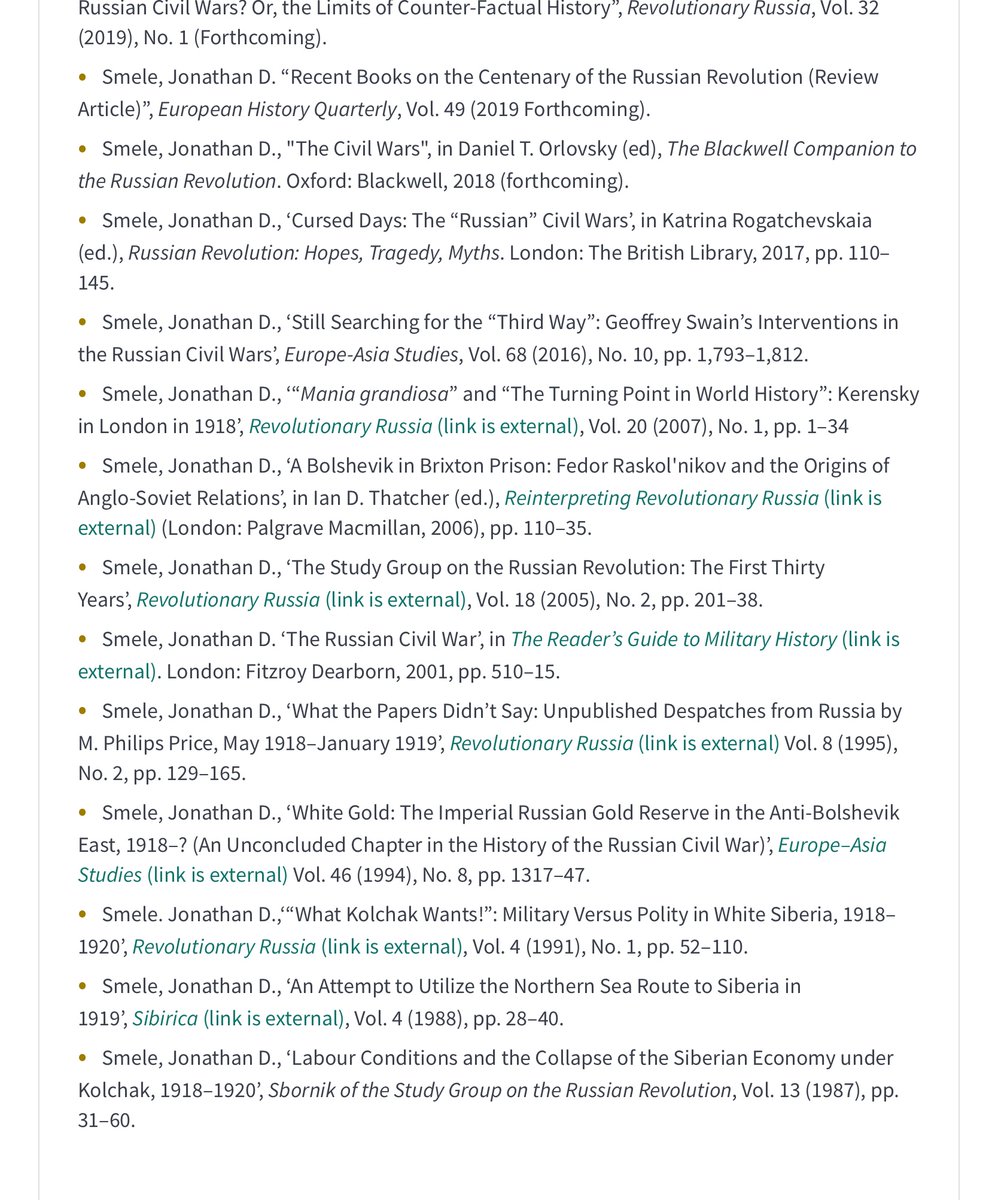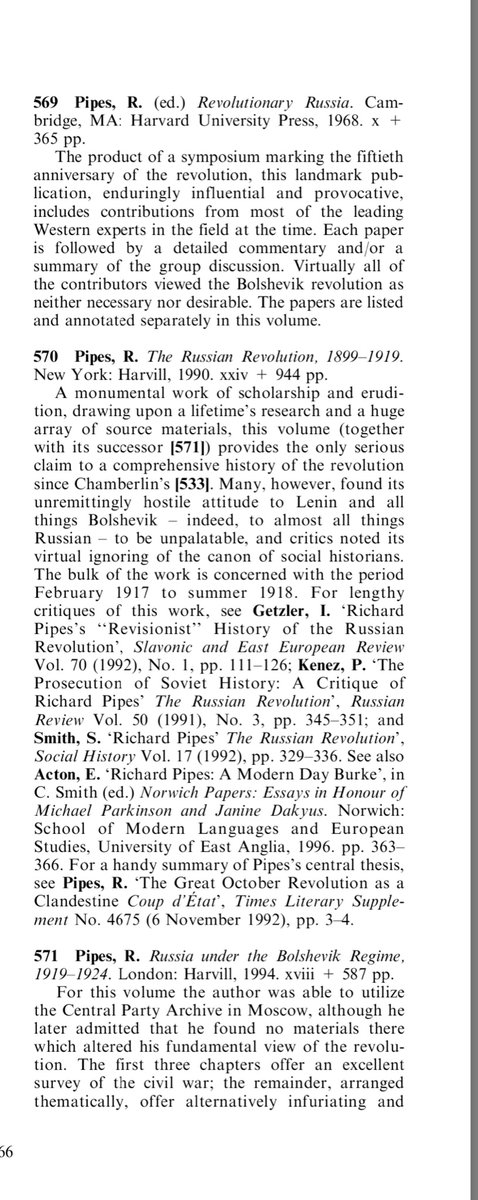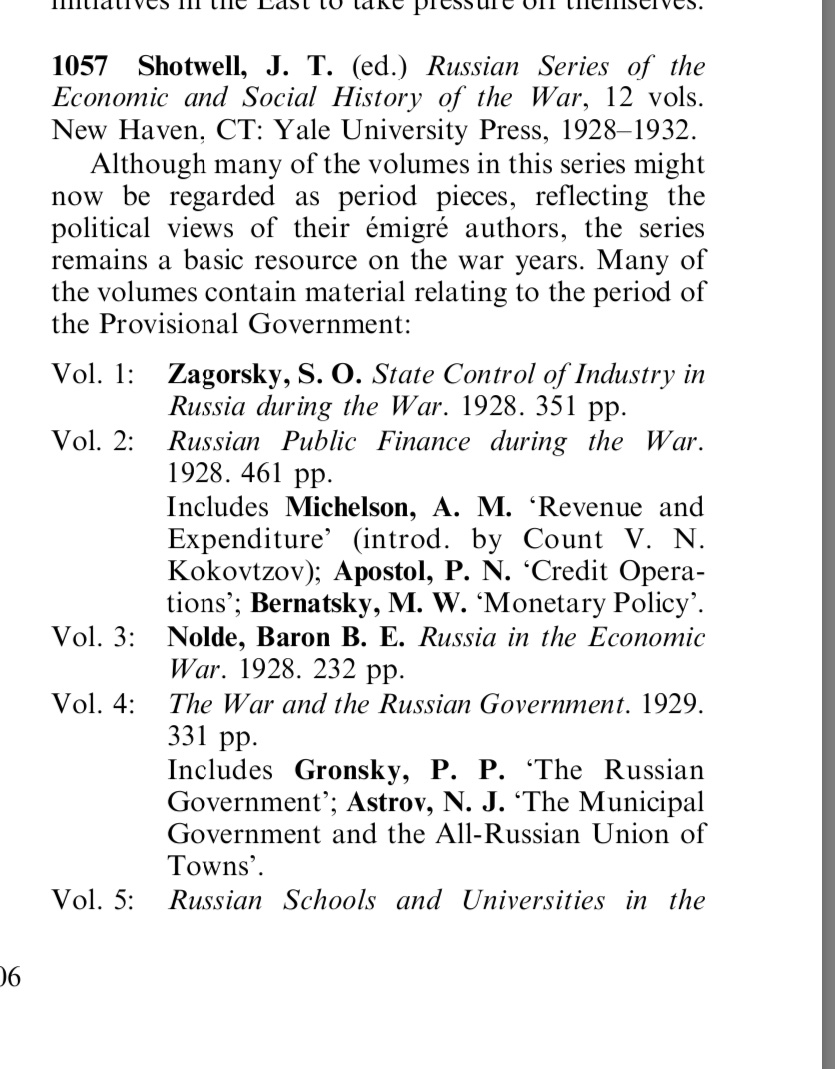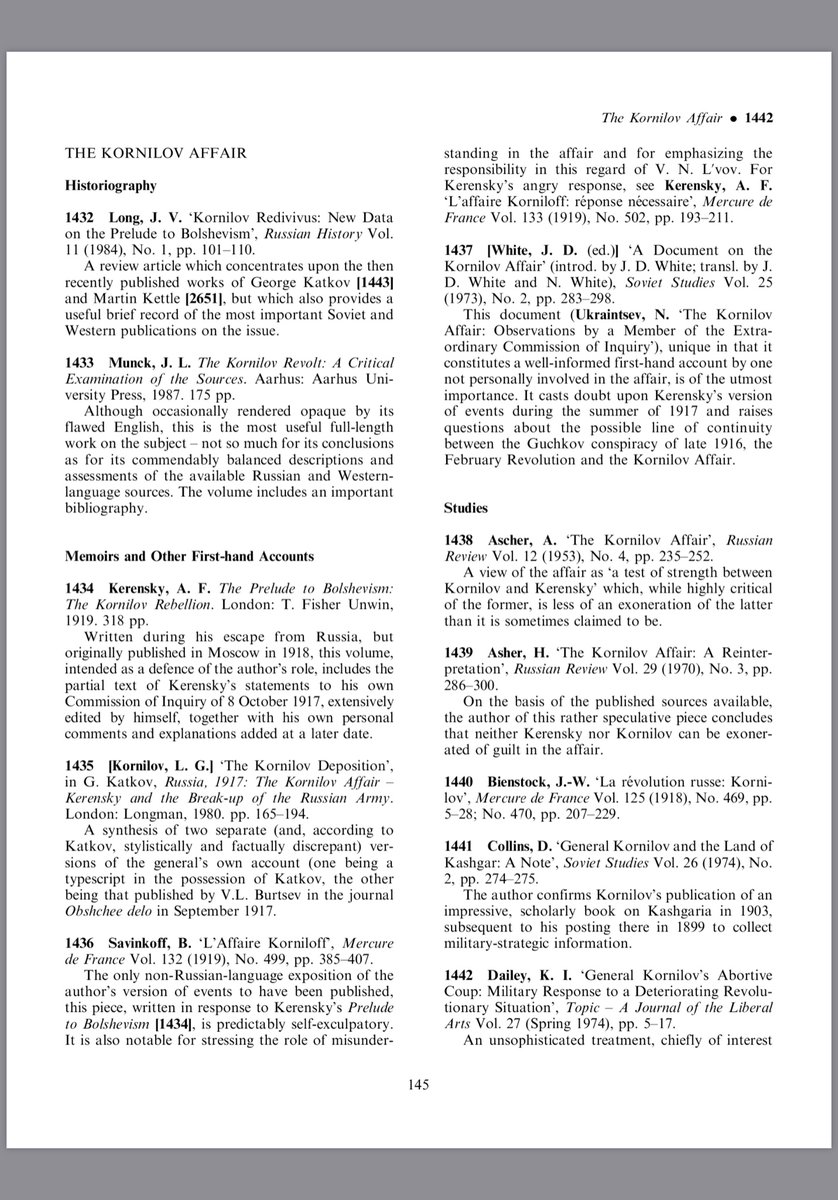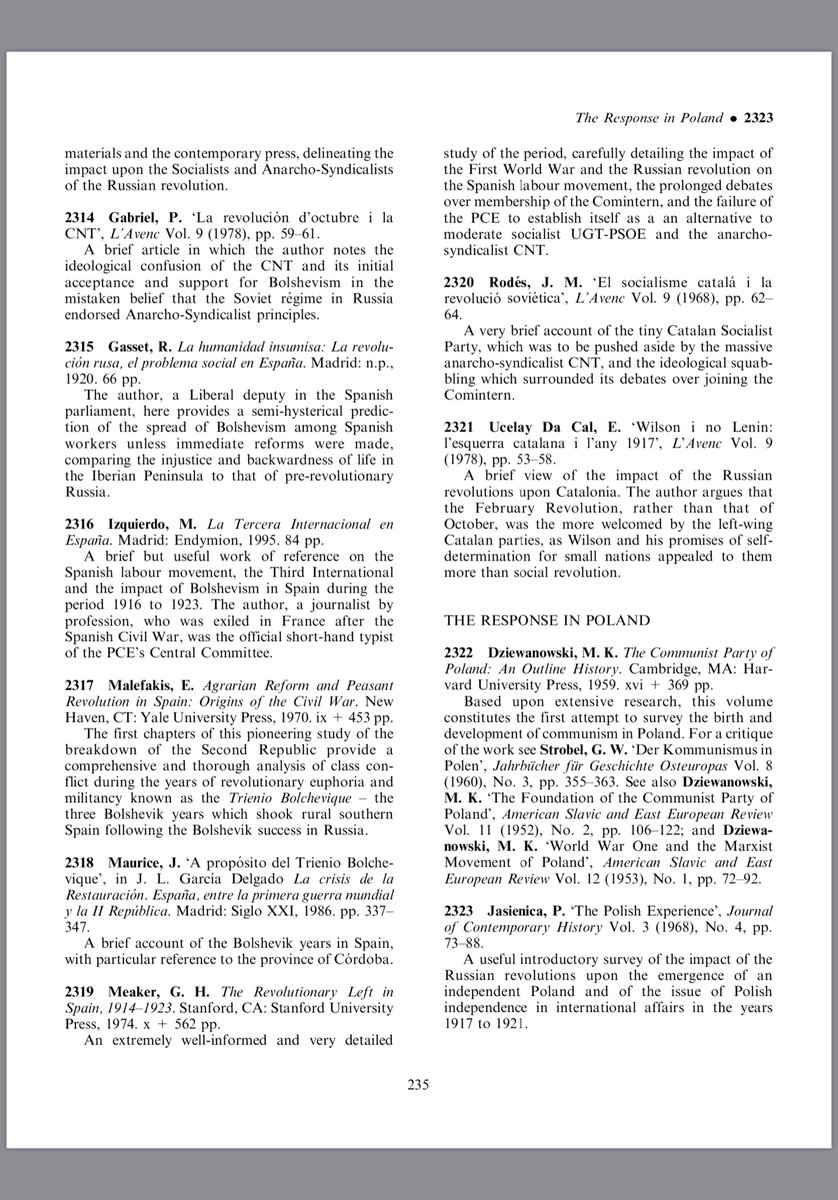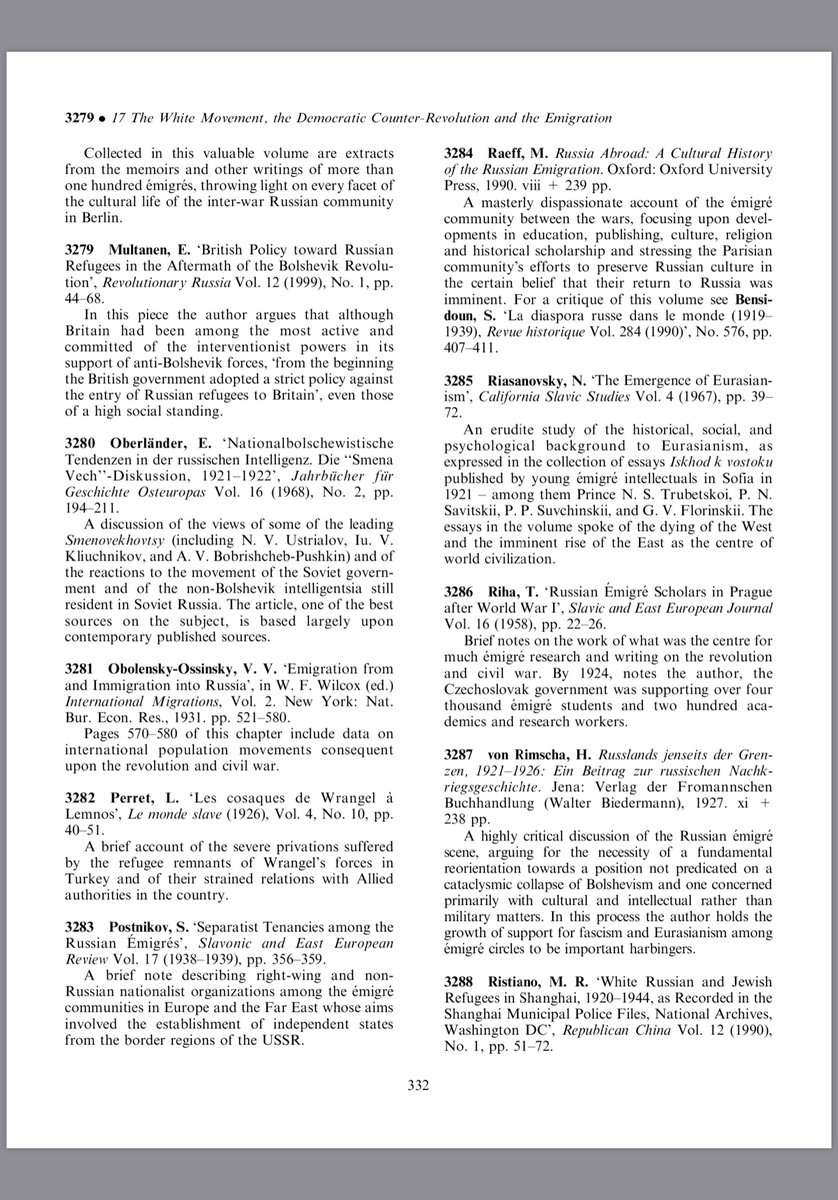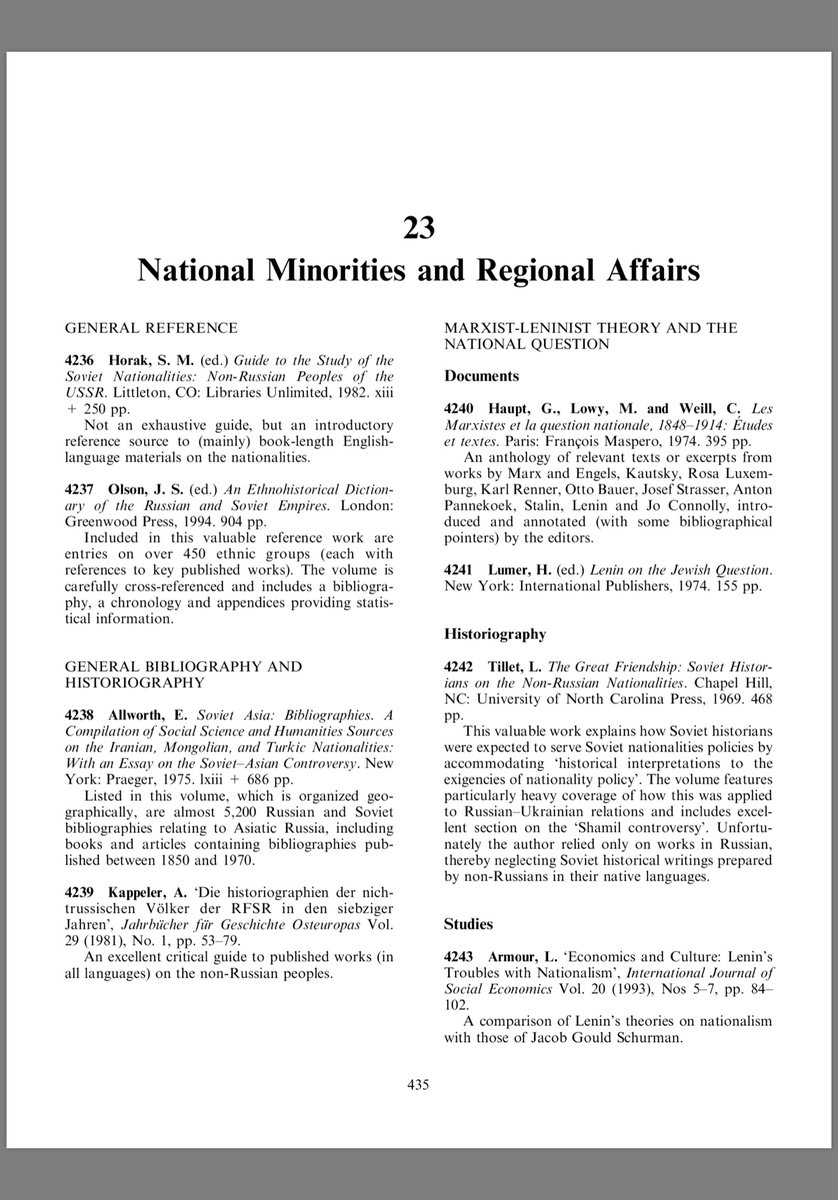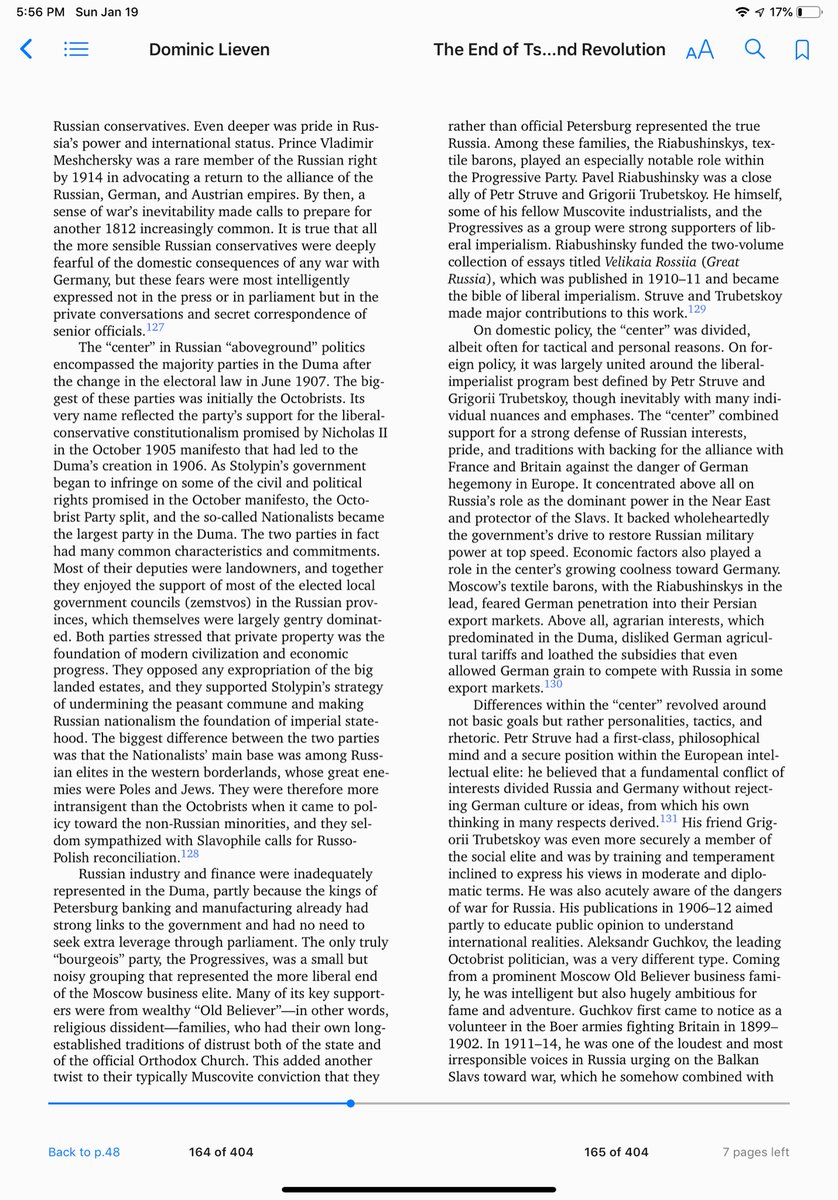gen.lib.rus.ec/book/index.php…
Other people I’ve mentioned, read or scanned.




I’m going to quote you besides to let you take a look at the Kotkin review of Soviet Historiography post 1991. I think you might be interested.
scholar.princeton.edu/sites/default/…
Interestingly he seems to gravitate to Mawdsley as the best English Language single volume account. I had never given him my attention due to my bias against unknown English names.
May change that soon.
gen.lib.rus.ec/book/index.php…



This is what makes Kotkin so good imo. Outside of Volkogonov, no revisionist had really broached the subject in toto, despite him towering over the 20th century more than any other figure.
All other sources are Stalin through the direct lens of Trotsky.
gen.lib.rus.ec/book/index.php…



An amazingly hidden two volume history of revolutionary Donbass important enough to link gen.lib.rus.ec/search.php?req…
And the now immortalized Mongolian Front in the Revolution and Civil War.







